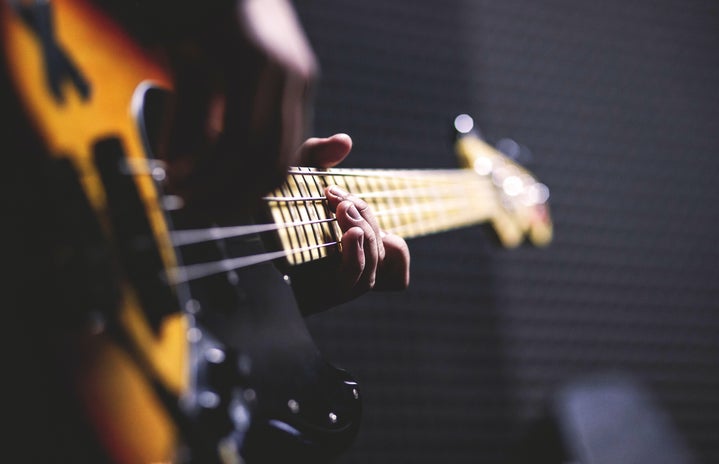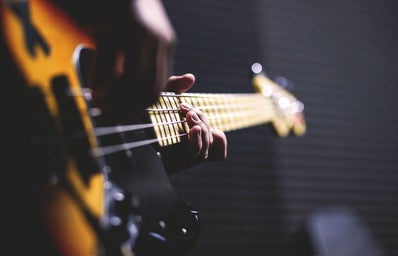Individuals describe the vibrant Afrobeat style to be a spiritual connection, just as it was back on the golden coast of Africa. As you begin to listen to the instruments and beats you become connected to the music. Today, Nigerian artists like Davido are dominating the U.S. radio stations with chart-topping Afrobeat hits. His single “Fall” released in 2017 and Americans are just now grooving to the hit in 2019. Urban mainstream radio establishments in the U.S. have started to play the song significantly on multiple pop and hip-hop stations. You just might hear the “Fall” tune anytime you turn on your radio. The instant hit has received praise on all media platforms leaving a massive number of listeners gravitating towards the Afrobeat sound. The upbeat African rhythms have globally entranced listeners to a new sound of music from the coast of Africa. On Youtube, “Fall” is now the most-watched Nigerian music video with over 100 million views.
In the U.K., nearly every song on pop radio is an Afrobeat record from international artists like Wizkid, Davido, Tiwa Savage, Simi, Adekunle Gold, Burna Boy, Maleek Berry, Mayorkun, Mr.Eazi, Timaya, Blaqbonez, DJ Spinall, Kizz Daniel, Dremo, Timaya, and Ycee. These Nigerian artists have created a massive Afrobeat fandom in the United Kingdom. Artist like Davido have sold out shows in iconic arenas such as the O2 in London. His goal of selling out the Madison Square Garden arena is not too far in reach due to his music popularizing in mainstream media. According to Ian McQuaid, the Afrobeats movement in the U.K. has played a significant role in connecting fans with artists in other countries.
African U.K. artists like GB and Naira Marley are globally taking the stage while pushing the Afrobeat wave to urban audiences. Naira Marley’s hit “Issa Goal” raved the U.K during the World Cup with appearances from Nigerian Super Eagles soccer team. Ghanaian artist GB also spiraled the U.K. fans in an Afrobeat frenzy with his Azonto dance vibe hit “Under Lover” (McQuaid, 2018). The U.K. banger brought in over a million streams. British-Nigerian rapper, songwriter, and producer Skepta has also proliferated the genre with his grime-style rapping over Afrobeat rhythms. The rapper has collaborated with American acts such as ASAP Rocky, Drake, and Ace Hood. The emergence of Afrobeat music would not be possible without the fan base of the U.K. As Afrobeat music is constantly being played on the U.K. airwaves, many individuals begin to share the music with others around the world via social media and other technological mediums. The assimilation of the genre occurs while the distribution of the Afrobeat style of music continues to spread globally.
Afrobeat music has birthed African dance trends that are now crazing the nation. With the help from social media, dances like the Shoki, Shaku Shaku, Azonto, Gwara Gwara, and Zanku are now being taught in Afrobeat dance classes worldwide. Social media was the first to notice when pop star Rihanna performed the South African gwara gwara dance in her “Wild Thoughts” performance with DJ Khaled and Bryson Tiller at the 2018 Grammys (Stephanie, 2018). Rap legend Missy Elliot showed her Afro-dance appreciation as she implemented the Shoki dance moves in her “Where they From” music video.
While the Afrobeat and dance trends begin to immense in mainstream media, prominent names in the music industry are beginning to take note of them. Fans were quick to capture the group of Hollywood’s black A-List celebrities’ shaking to Tekno’s “Pana” hit at Jay-Z’s Roc Nation Pre-Grammy brunch party. British rock band leader of Coldplay, Chris Martin, was also captured on social media dancing to Tiwa Savage’s song “Ma Lo”. Events like these become significant in Afrobeat history as the world begins to see prominent music acts embracing the Afrobeat genre of music.


